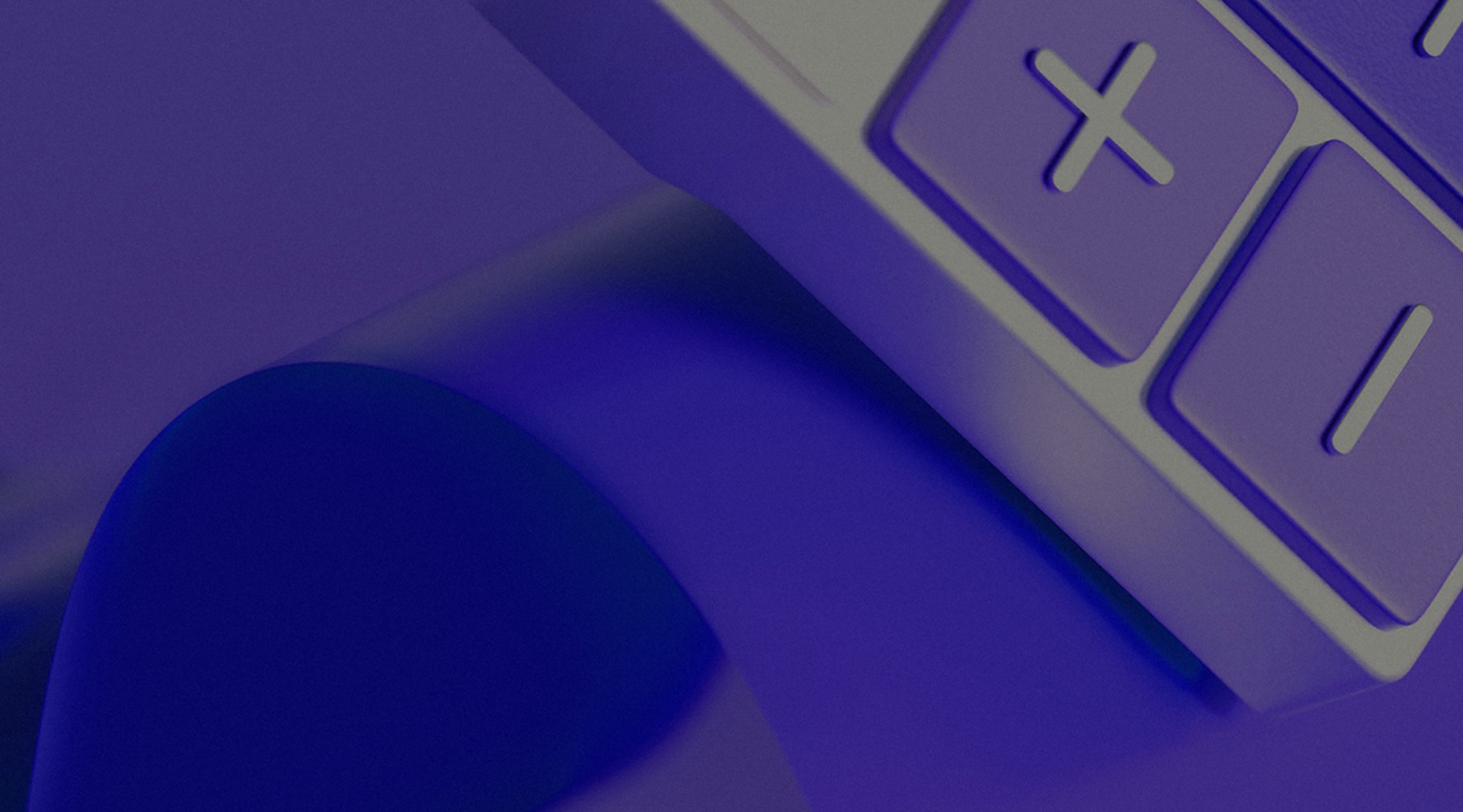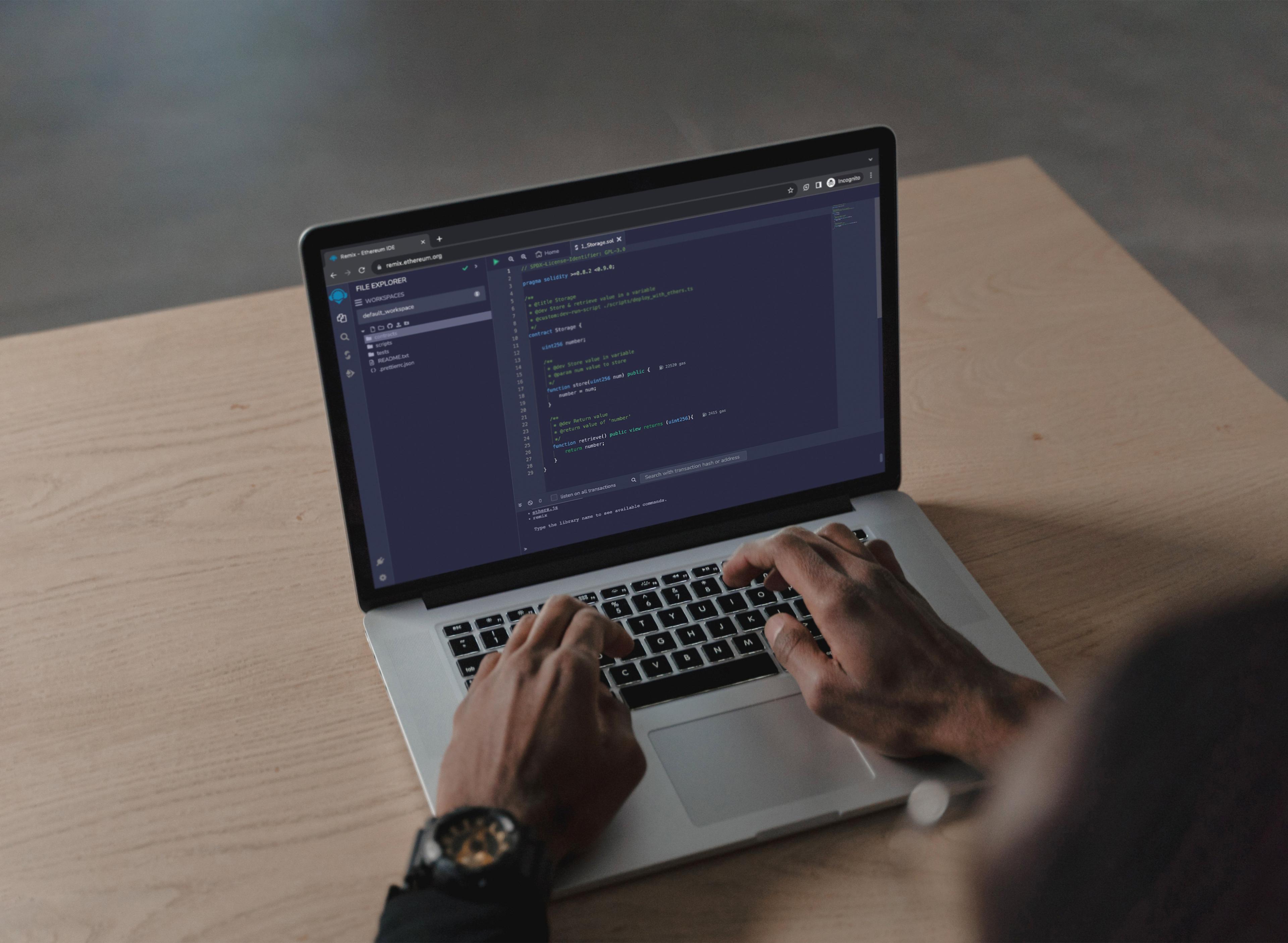
NFT marketplace development

Key takeaways
-
Despite mixed reception, NFTs remain integral in digital asset trading and require secure, transparent, and efficient marketplaces.
-
Building an NFT marketplace involves understanding key technologies like JavaScript and Solidity to ensure enhanced security control and adaptability in the rapidly changing blockchain environment.
-
Lessons from established marketplaces like OpenSea and Binance highlight the importance of user accessibility, diverse currency support, and low transaction fees.
Haters gonna hate hate hate NFTs from here to eternity, yet the fact remains trading in digital assets isn’t going anywhere soon, so transactions in that space need to be secure, transparent, and efficient.
The best way to pull that off is with an NFT marketplace. While you can always sell your company’s NFTs on an existing marketplace like good ol’ OpenSea, building your own, custom one has its advantages: You can add features that will be particularly engaging for your audience (like the Coca-Cola NFT series, which allows fans to buy and collect limited-edition digital cans or the NBA’s Top Shot Moments), rest a little easier when it comes to security since you’ll have complete control over the platform, and be in a better position to adapt quickly as things evolve in blockchain and digital assets.
All of those benefits mean that even an experiment with an NFT marketplace can give you an edge over the competition.
NFT marketplace technology
The first order of business when you’re looking into NFT marketplace development, no matter if you’re in the gaming or real estate industry, is getting a base level understanding of the technology needed and of the kind of engineers you’ll need.
In terms of technology, there are two absolute necessities for blockchain programming: JavaScript and the less-known but equally essential Solidity. Thankfully similar coding languages, these two are the bread and butter of any NFT software solution. If you’re looking for expert NFT engineers, fluency in Solidity and JavaScript is a must.
Less (seemingly) immediate but also very much a requirement? Engineers with blockchain expertise. Knowing what to code is important, but knowing how to implement the code counts every bit as much: JavaScript might be one of the most common languages around, but blockchain solutions are a specific kind of beast.
Not long ago, we set out to build our own NFT marketplace where employees can use their own crypto wallets to purchase physical or digital company merch for themselves or their co-workers. We built it for a bunch of reasons (like the inherent coolness factor and giving our devs an opportunity to hone their skills), and yep, distributed ledger technology was key.
Fazilat Allayarova, our NFT marketplace manager, says, “Blockchain experience played a big part. With two senior blockchain experts and a DevOps engineer with NFT experience alongside our other frontend and backend developers, we were able to keep perspective,” adding that more senior team members helped shape the ideas as the project moved along.
So we speak from experience: Solid blockchain expertise means finding devs who know the ins and outs of blockchain networks and how to secure those networks, beyond cybersecurity best practices and specific to blockchain technology. An NFT marketplace is, after all, a payment gateway: You’re asking customers to entrust you with their financial information, so you have to be aggressive about cybersecurity.
As Fazilat notes, having an experienced blockchain developer on the team can help you choose the right tech stack, too. “Knowing you’re building with the right tools shared by other major players in the space adds an element of confidence,” she says.
Models of NFT marketplaces
If your goal is to create an NFT marketplace, it helps to look at existing ones and think about their features as well as their strengths and weaknesses.
OpenSea
The first NFT retail platform on the scene and still the largest marketplace in the world for digital asset trading, OpenSea has some valuable lessons for newer entrants to the industry.
Smart contracts
A staple of major NFT marketplaces, the takeaway from OpenSea specifically is its accessibility. Take a look at the step-by-step smart contract guide it offers: The guide drives engagement by removing consumer uncertainty and encouraging users to understand the technology the platform runs on. Be proud of your product!
Currency compatibility
This is one of those ‘so big it’s easy to miss’ concepts, but when creating its marketplace, OpenSea made the very wise choice to make its market compatible with a variety of different currencies: Ethereum, BNB, USDC, SOL, and DAI are all core currencies of the platform. This compatibility across currencies means that OpenSea can keep its customer base broad rather than limiting itself to a single currency and losing potential transactions outside that currency base.
Binance
Relative to OpenSea, Binance is a newcomer to the NFT marketplace scene, having opened its digital doors to the public in 2021. But as a platform that’s made great strides during its brief tenure, there’s plenty to learn from.
Low transaction fees
From the outset, Binance made the strategically sound decision to keep transaction fees lower than its competitors. With so much volatility in the market, incentivizing customers to trade on your platform over a competitor can — and does — come down to a matter of decimal points.
Security
After a substantial security breach, Binance invested heavily in two things: airtight security infrastructure and making sure everyone heard about it. NFT businesses can learn two valuable things here: the first (with a big honking red alert next to it) is invest in cybersecurity infrastructure before you realize you need it, and the second is that security breaches are as much a PR incident as they are an operational one.
The skinny on the Vention NFT marketplace
Well, we couldn’t exactly get into this discussion without putting our money digital assets where our mouth is, right? Take a look at our in-house NFT marketplace as a use case.
When our devs built our own NFT marketplace, while we used a private blockchain network as our platform was designed for internal company use, we also built the platform on an Ethereum-based blockchain network. “We did it much like how OpenSea uses Wyvern Protocol — Ethereum-based smart contracts,” Fazilat shares.
As you’d expect from an NFT marketplace, some of the goods are digital assets such as NFT stickers and commemorative visuals, but employees can also use their crypto wallets to purchase physical items like t-shirts, notebooks, and other branded swag for themselves or as gifts for their co-workers.
Purchases are made with our unique, custom-made ITC Coin to make purchases, traded over the private ITBN blockchain network we built to run on AWS resources. It’s an end-to-end blockchain NFT marketplace with ecommerce integration. Most importantly, the merch is cool.
As for the challenges we faced during the build, there were the normal ones, like using a bunch of new technologies and having limited time for implementation — but hey, that’s what our teams do, so that’s no biggie. But there was one unexpected glitch: There was a situation when generating and transferring tokens would send the tokens to an unknown wallet.
But of course we tracked down the mystery glitch and weird errors — just like we do with any other QA project. “When you figure out how to fix those issues, you learn,” says Fazilat. “We built expertise from problem-solving as much as from straightforward building.”
Developing the future of NFT marketplaces
When we zoom out, building NFT marketplaces shares a lot of the same basic structural steps as other software solutions. What makes the building process more specific boils down to the unique qualities of blockchain technology, such as the foundational element of linking smart contracts to create the market itself. That's why ensuring you have a talented team with blockchain experience is so crucial: Lots of teams can code, but a whole lot less can code for blockchain. Even fewer can code for blockchain well.
Public familiarity with NFTs only stands to gain ground as the increased investment from major corporations incentivizes greater coverage and new customers. The inevitable result will be a highly competitive market for digital asset trading, with new investment opportunities for those looking to strike while the iron’s hot. Just make sure you’ve got the right NFT developer talent on hand when you’re ready.
Considering building your own NFT marketplace?
Our team can provide you with a custom solution tailored to your business.






